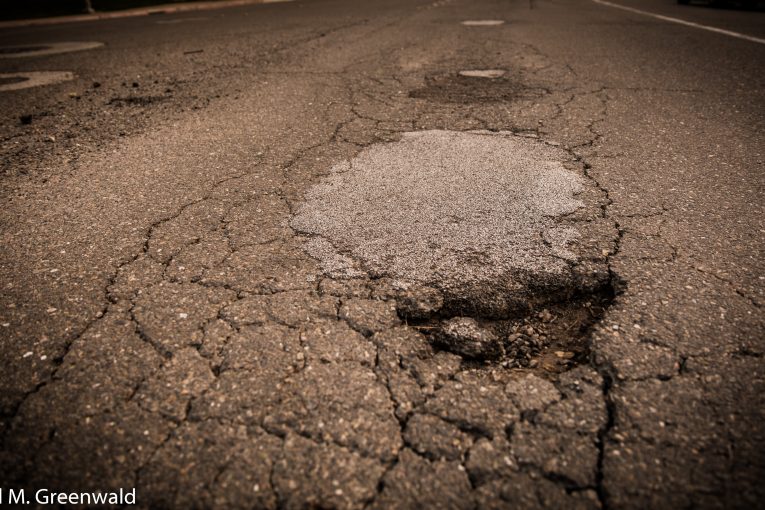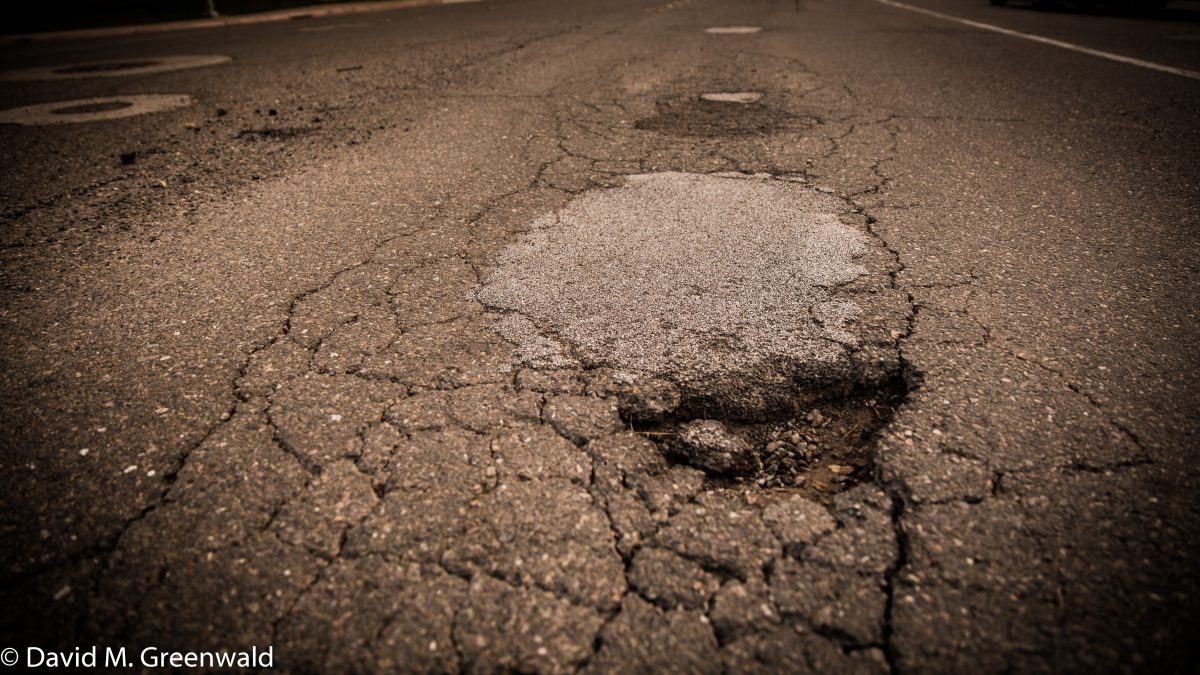

As I have been talking about for at least the last year, there is a bumpy road ahead for both schools and the city on funding. Longer term, I think it is going to be a real problem to maintain the current quality of life for both. But here I am going to focus on the relative short-term – between now and 2022.
The school district is facing a longer-term funding problem. For years they have shored up the leaks with out-of-district transfers and local parcel taxes. That has enabled the district to maintain a relatively high quality of product, offer programs (like music, art, language, etc.) that other districts can’t, and maintain services (paraeducators, counselors, librarians) that other districts can’t afford to maintain.
But that has come with a cost. There is a cost to the local taxpayers of $620 just to maintain the current system. And there is a cost that the tradeoff has been lower levels of compensation for teachers.
For six months now the board has studied the issue. There are tradeoffs all around – from programmatic cuts to maintaining the status quo. The best near term alternative is a parcel tax that would nearly increase the total parcel tax cost by 50 percent.
Polling puts it on the bubble. Based on the past performance of parcel tax measures and voter preferences, there is a reasonable chance it can pass.
Longer term, though, there are tough choices ahead. The district is probably not going to be able to keep increasing the parcel tax indefinitely. The voters are telling the pollsters that an increasing percentage already believe taxes are too high and that they don’t think they can trust the district to manage its taxpayer money.
Right now those numbers are strong enough to put the measure on the bubble but not enough perhaps to kill it. But that day will come.
For the city, the short-term picture is more mixed and the longer-term picture is fuzzy.
Between now and 2022 it is likely that the city will ask voters to renew their sales tax, pass an economic development project, and pass a parcel tax for roads.
In 2018, the voters of Davis were asked to pass about a $3 million per year parcel tax for roads. That measure was coupled with a flat out renewal for parks. The voters overwhelmingly renewed the more modest parks tax renewal but only 57 percent supported the roads tax, which was well short of the two-thirds needed for passage.
This year, the city was able to put ongoing general fund money together with some one-time money to fund roads for about $6 million. That’s not bad, but it is still shy of the $8 to $9 million needed annually over a 20 year period to fund roadway repairs. The worse news is that number drops to $3 million in 2020-21.
As we surmised previously, the city is not going to put a roads tax on the ballot most likely in 2020 – their priority is renewing the sales tax for which both the 2004 and 2014 versions expire, meaning that it is a full one percent up for the voters next year.
Most likely that measure passes easily. It is only a majority vote and it would be a status quo tax (most likely).
The other issue will be economic development. The ARC (Aggie Research Campus) proposal which was released last week could generate anywhere from $2 million on the low end to $5 to $10 million on the high end in terms of tax revenue. That coupled with two new hotels and cannabis dispensaries could generate a substantial amount of revenue for the city.
In the long term, the revenue measures and the economic development, in conjunction with robust cost containment, can make the city viable economically and fiscally into the future.
Unlike the school board, the city has a readily accessible plan that it can tap into for long-term sustainability. I’ve always maintained that this kind of plan actually does a good job of maintaining current city services and infrastructure without drastically warping the future shape of the city.
The problem that the city faces is how much they can get the voters to do.
In 2016, the voters narrowly turned down a project at Nishi with a modest sized R&D component. The ARC would be more than eight times the size of that project’s R&D component.
In 2018, as stated above, the voters supported the parcel tax with 57 percent of the vote, but that was well shy of the 67 percent needed.
The sales tax proposal is most likely to be passed. The parcel tax, if done as a stand alone with a more robust campaign, could pass and the economic development project will perhaps be the most contentious of all.
Voters in 2018 finally supported two projects before them – both for housing. Can the city make the case to the voters that economic development is the way forward to long-term fiscal viability?
That will be an interesting test.
My overall view, then, is that the city’s fiscal challenges are much more fixable in the long term than the school district’s, but getting the voters to support the city’s plans will be the bigger challenge.
—David M. Greenwald reporting


Couple that with,
And I can see the the campaign literature now for the school parcel tax. With the very possible result that a DJUSD parcel tax, at a high end, could pass, with folk figuring they can offset their ‘taxes’ by NOT renewing the City sales tax measure, and NOT voting for any City parcel taxes in the foreseeable future.
Well played!
David, you have previously opined that the District was asking for too little… here’s your chance to get folk to do it at a higher level,and show folk the opportunity for an “offset”…
As historically shown, DJUSD comes first, and the City gets scraps, if any are available… if it is correct,
I think my posit is logical… we’ll see…
I opined that back in 2016 when they asked for $620 and needed $960. Here we are today and guess what the district is going to ask for?
That said, as I point out here, there is a different problem and it might not ultimately be solvable, certainly not by simply asking for more.
So, we’re in agreement as to the DJUSD piece…
It’s easy to focus on the DJUSD piece because long term that seems more problematic. But the problem is that the city path is very narrow. If we get the approval for ARC, then we have a viable path forward. If we don’t, then we would seem headed for decline.
And Craig, I suspect the renewal of the City sales tax (or any future proposed City parcel taxes) will be more in question if the DJUSD tax is significantly increased… financially, I could live with both… practically/politically I see an “either/or” set up… I may be totally wrong… the voters will make the call…